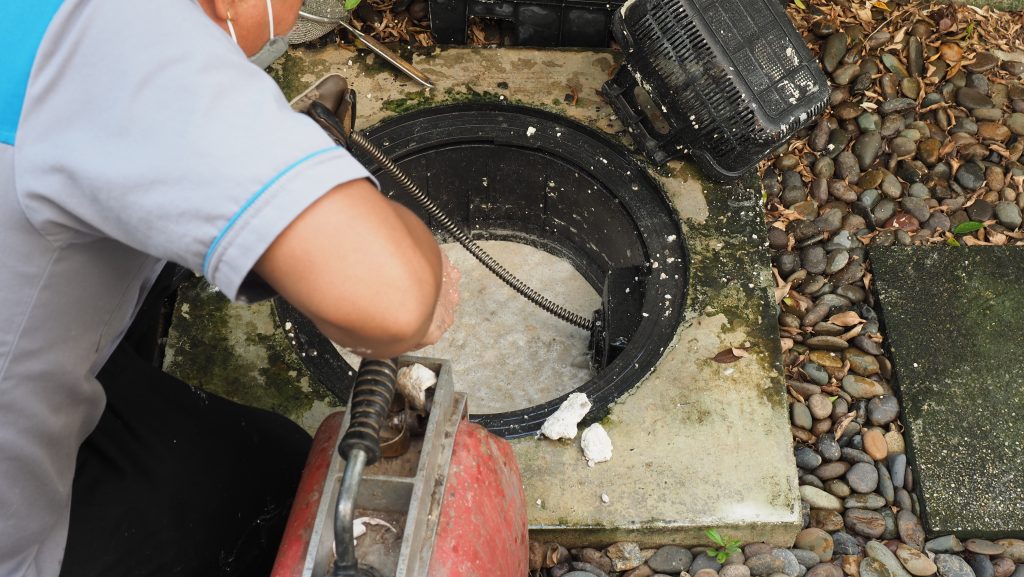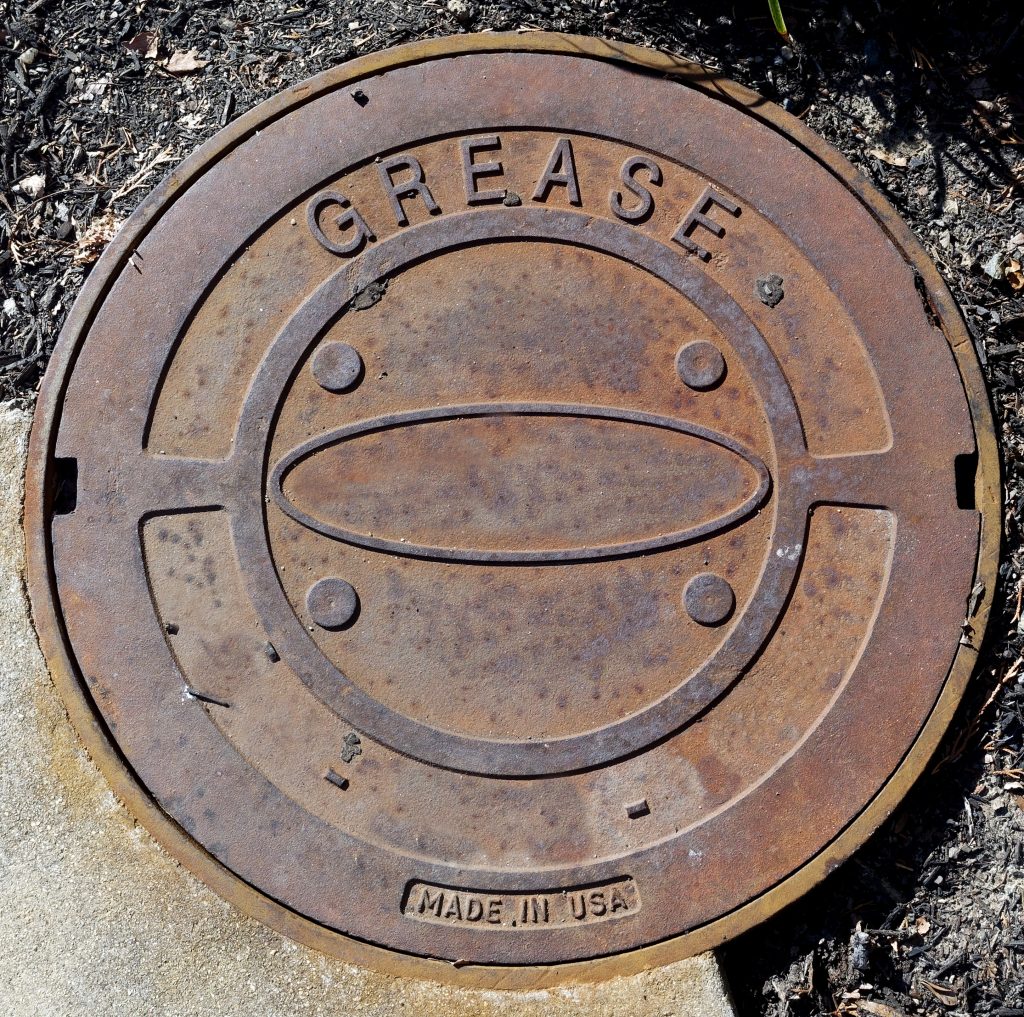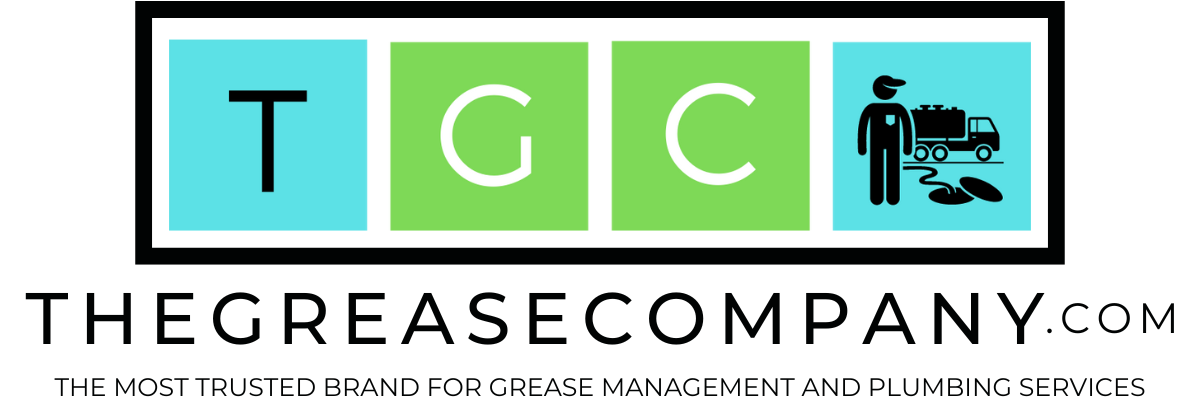
Several million tons of grease and fat enter the sewerage system of California every year with different other types of junks. They are sticky and can easily create blockages in the pipe walls leading to severe sewer damage. It costs municipalities all around the nation millions of dollars in cleaning and repairing these pipes every year. Animal fats, vegetable oils, and grease (also commonly known as FOG) are toxic and harmful for both human health and the environment. If allowed to get in touch with a natural water source, they can cause serious disaster, and hamper lives of species that are depended on the water source.
In order to save both the environment and millions of dollars, higher authorities of every single state of the USA has made the use of grease trap mandatory in any type of commercial kitchen, whether it is a big restaurant or a small coffee shop. It is obligatory for these kitchen owners to ensure correct FOG management system in order to run their business without facing a citation. Violation of this rule is considered to be a health code violation, and polluters can face large fines or at worst, suspension of business license until the problem regarding the grease trap is completely resolved. Apart from this, FOG can also create different issues within the establishments own plumbing system such as clogs or blockage, overflow or sewer backups leading to expensive repair, and potential equipment downtime. So, all the owner of businesses under the food & beverage industry in the USA should and must use a grease trap (or interceptor, depending on the size of the kitchen) not just to avoid citations or to save the environment but also to avoid expensive plumbing repairs or early replacement of plumbing equipment’s.

What is a Grease Trap?
To start, first let’s know: what is a grease trap? And who are required to install a grease trap!
Grease traps are complicated devices mainly used in the commercial kitchens. The device usually placed close to the kitchen sink as an interceptor between the sink and the sewer. All the kitchen wastewater flows through the device on their way to the drain. Grease traps are baffled structured in such a way so that they can separate grease, other fatty waste and the solid food particles from the water before they can reach the main sewerage system.
Now that we know, what is a grease trap, you must be wondering whether you need a grease trap or not?
According to the law of California, any commercial kitchen that produces FOG must install a grease trap in their establishment. Here’s a list of those businesses that needs to install a grease trap:
- Restaurants or take away outlets.
- Bakeries or cafes.
- Mobile food outlets or food carts.
- School, College or University Cafeteria.
- Catering companies
- Food manufacturing facilities
- Convenience stores
- Hospital and nursing home kitchens
- Shopping mall with food outlets.
The list mentioned above clearly shows that any business in the food & beverage industry that produce FOG in large quantities must install a grease trap or a grease interceptor in their commercial kitchens. Establishments that produce FOG in higher volume such as hotel or large restaurants are supposed to install a grease interceptor and small establishment such as a cafe or food outlets need a grease trap. There are differences between these two types of devices, mainly in their capability of dealing with water flows and FOG.
FOG and wastewater management solution such as grease traps or interceptors are readily available. If you’re a restaurant owner from California, you won’t have to face much difficulty to get your own FOG management device. But installing such a device is not enough; you must also learn the importance of maintaining (pumping, cleaning or repair) such a device.
If you own or manage a restaurant or any other businesses in the food & beverage industry in Los Angeles, San Diego, Long Beach or any other cities in the California, you’re properly familiar with the concept of grease traps, but proper maintenance guidelines might not be so clear as these are quite complicated devices with multiple delicate components. These are not fixtures that we usually deal with at home (i! it is not obligatory to use a grease trap in any household kitchen)
While you think about grease traps, these are some of the common questions that might hit your curiosity.
- Is it important to clean a grease trap regularly?
- Who should perform the grease trap cleaning operation?
Is it important to clean a grease trap and why?
We already know that, grease traps plumbing devices, and generally installed in the commercial kitchens. It is a fact that installing a grease trap in a commercial kitchen is required by law.
These devices are designed in such a way that prevents cooking waste such as animal fat, vegetable oil, and grease (collectively known as ‘FOG’) from entering the restaurants plumbing pipes, eventually the sewerage system. These devices prevent sticky FOGs from forming clogs and from causing environmental damage by entering city drainage system.
But installing a grease trap does not mean your responsibility is over. These devices surely prevent FOG and other food waste from going into the drain by separating and collecting them in their baffled structure. But a grease trap or a grease interceptor has a limited capability of holding FOG and other waste. They are not capable of collecting gallons of liquid at a time. Installing such a device doesn’t turn a kitchen sink into disposal for kitchen oil and other kitchen waste. They work just as an interceptor and should be cleaned regularly for them to work efficiently.
When a grease trap or interceptor is overloaded with FOG and solids, it is prone to clogging and leading to sewer backups or overflows. This type of plumbing problems is not only inconvenient who often use the sinks but also may create health issues for the customers.
Overloaded and backed-up grease traps or interceptors can become a threat to the reputation of a restaurant or any business in the food & beverage industry. If you don’t take care of your FOG in the right fashion, it will be count as a health code violation. If the authority finds out that your restaurant is contaminated and not clean enough to prepare health safe foods for the customers, they reserve the complete right to shut down your place and revoke your business license without giving you a second chance.
Do you want to take such a risk of shutting down your business? If you don’t want to end up in such a catastrophic bottom line- consult a professional grease trap cleaning service today.
Grease Trap Cleaning Service in California
Grease trap pumping and cleaning is not DIY (do it yourself) project as the device contains several complicated components that requires only a professional to handle. Restaurant and other commercial kitchen owner should hire a professional commercial kitchen plumbing service to operate grease trap cleaning in their establishment.
A professional Grease Trap maintenance company will provide you with a log of each estimated cleaning operation and a detailed report of their service including the date, the amount of waste that was removed and the date of when the next cleaning act should be performed.
Grease trap pumping & cleaning equipment’s are quite expensive; on the other hand, hiring a professional grease trap cleaning company is much cheaper and ensures perfection in the task.
If your commercial kitchen is located in any cities of the Southern California such as Los Angeles, Long Beach, Buena Park, Orange County, Riverside etc. call The Grease Company today for any plumbing and maintenance service for your commercial kitchen. We are comparatively cheaper, with the best service. With almost decades of experience in this industry, we are widely known as the fastest growing commercial kitchen plumbing company in all of California. Call +1-888-697-8910 for more information.
